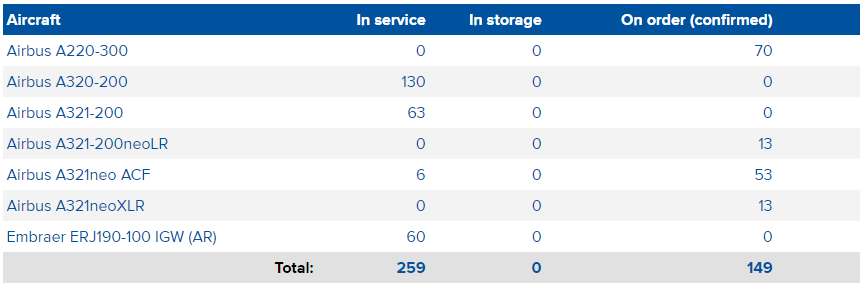Curators of the report explained that some of the world's largest airlines including Lufthansa, United Airlines and Delta Air Lines have introduced carbon offset or biofuel surcharges. And easyJet has pledged to become carbon neutral, offsetting its emissions by investing in forestry, renewable energy and water projects.
Delta CEO Ed Bastian recently highlighted the airline has not increased its carbon footprint since 2012, "but we've got to do more…we need to start talking about what we're doing more of in investing in renewables and how do we engage customers globally, 200 million customers a year in helping us because we're all in this together".
He believes that the airlines are not going to solve climate change, "everyone's got a role to play", he concluded. "We haven't reached out and embrace that. So I think you are going to see us become more of an active voice in the conversation in the coming year."
There is also growing momentum among some countries to address climate change through new regulations. American Express notes that in 2019 French President Emmanuel Macron proposed a jet fuel tax in Europe, and the government of Germany announced a climate package for 2020 that will increase taxes on aviation while cutting the tax rate for rail travel.
US carrier JetBlue this week has outlined its own vision to prepare its business "for a new climate reality" with plans to go carbon neutral on all domestic flights by offsetting emissions from this year, ramping up to offset more than 15-17 billion pounds of carbon dioxide (CO2) emissions every year. This will kick-off in Jul-2020, and around the same time it will also start flying with sustainable aviation fuel on its services from San Francisco International airport.
These are all part of the airline's plan to prepare for a changing climate, and it says these commitments "underscore JetBlue's long-term strategy to ensure a more sustainable business for crewmembers, customers, shareholders and communities served by JetBlue".
The efforts also build on the airline's existing programs like investments in fuel-saving technologies and aircraft, as well as advocating for a more fuel-efficient air traffic control system that would reduce emissions from flying.
"Air travel connects people and cultures, and supports a global economy, yet we must act to limit this critical industry's contributions to climate change," explains Robin Hayes, chief executive officer, JetBlue. "We reduce where we can and offset where we can't. By offsetting all of our domestic flying, we're preparing our business for the lower-carbon economy that aviation - and all sectors - must plan for."
JetBlue first began offsetting carbon dioxide emissions with programmes to balance customer flying during specific times of year but its latest moves expand those efforts to reduce emissions associated with fuel use in a bigger way. Since 2008, JetBlue has already offset more than 2.6 billion pounds of CO2 emissions
Its anticipated savings of 15-17 billion pounds (7 to 8 million metric tons) of emissions per year is the annual equivalent of removing more than 1.5 million passenger vehicles from the road. JetBlue says it will offer ways for the airline's customers and communities to connect with the carbon offsetting projects that it is engaging with.
CHART - JetBlue Airways has already committed to a new fleet of aircraft that will offer a much improved fuel economy versus its existing fleet Source: CAPA - Centre for Aviation Fleet Database (as at 06-Jan-2020)
Source: CAPA - Centre for Aviation Fleet Database (as at 06-Jan-2020)
"The airline industry is one of the few industries that has collectively committed to an international emissions reduction goal," says Mr Hayes. "Carbon offsetting is a bridge to, not a silver bullet for, a lower carbon future. Reducing and mitigating our greenhouse gas emissions is a fundamental aspect of our business plan and our mission to inspire humanity."
Supporting this 'bridge', JetBlue has agreed to purchase sustainable aviation fuel (SAF) from Neste, the world's largest producer of renewable diesel and a pioneer in renewable jet fuel, starting in 2020. Neste MY Renewable Jet Fuel is produced 100 percent from waste and residue raw materials. Over the lifecycle, it has up to 80% smaller carbon footprint compared to fossil jet fuel.
Its fleet renewal is also has a sustainability benefit. The airline's incoming 85 new Airbus A321neo (new engine option) aircraft improve fuel economy by 20% through newly designed engine technology and cabin changes, according to JetBlue. Similarly, the acquisition of 70 Airbus A220s to replace older aircraft will reduce emissions per seat by about 40%.